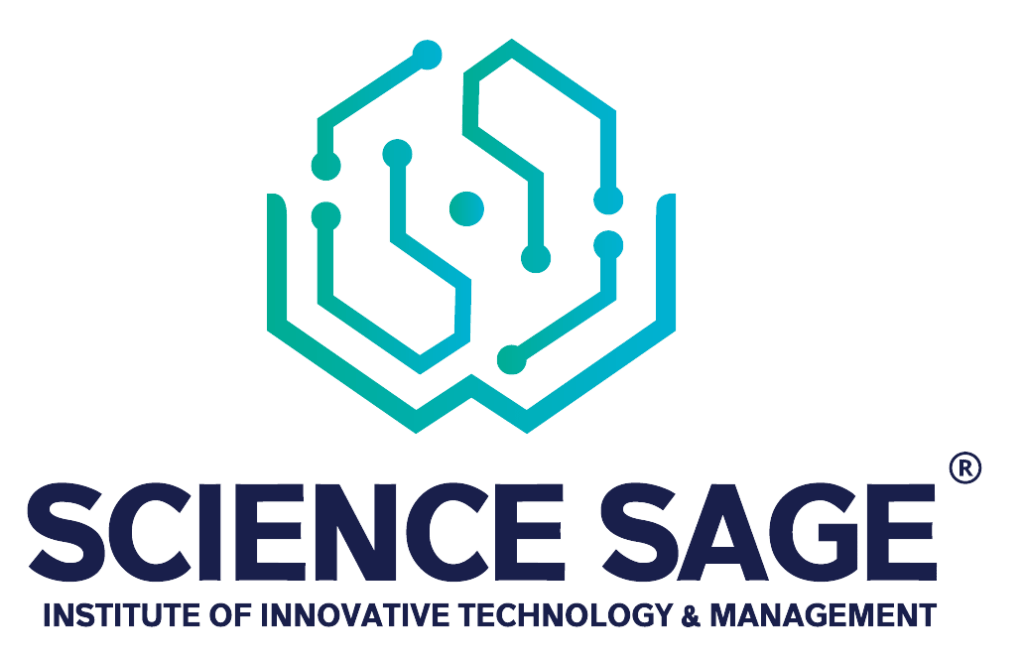- Prerequisites
- Higher Secondary Passed
- Course Duration
- 2 Years
The Diploma in Optometry program is a specialized educational pathway designed to train individuals to become qualified optometrists, who are primary eye care providers specializing in vision and eye health. Optometrists play a crucial role in assessing, diagnosing, and managing various visual conditions and eye diseases. Below is a detailed description of the program:

Course Overview
- Duration: The Diploma in Optometry program typically spans three to four years, depending on the curriculum and institution offering the program.
- Curriculum: The curriculum covers a comprehensive range of subjects related to optometry, vision science, ocular anatomy and physiology, optical physics, clinical optometry, contact lenses, binocular vision, ocular disease, and low vision rehabilitation. Courses may include ocular anatomy and physiology, optics and refraction, visual optics, ocular pathology, pharmacology, clinical optometry techniques, and patient care management.
- Practical Training: Practical training is an integral component of the program, providing students with hands-on experience in optometric clinics and laboratories. Under the supervision of licensed optometrists and clinical faculty, students learn to perform comprehensive eye examinations, conduct visual acuity tests, assess refractive errors, fit contact lenses, and diagnose and manage common eye conditions.
- Clinical Internship: Clinical internships or externships in optometric practices, hospitals, eye clinics, and community health centers are typically included in the program. During internships, students gain practical experience in providing patient care, performing diagnostic tests and procedures, and collaborating with healthcare professionals in interdisciplinary settings.
- Certification and Licensure: Upon completion of the program, graduates may be eligible to take national or regional certification exams to become licensed optometrists or optometric technicians. Certification requirements vary by country or region, but obtaining licensure demonstrates competency and legal authorization to practice optometry.

Course Structure
- Core Subjects:
– Ocular Anatomy and Physiology
– Optics and Refraction
– Visual Optics and Optical Instruments
– Clinical Optometry Techniques
– Ocular Disease and Pathology
– Contact Lens Fitting and Management
– Binocular Vision and Vision Therapy
– Low Vision Rehabilitation
– Pediatric Optometry
– Geriatric Optometry - Specialization Electives (Sample):
– Specialty Contact Lens Fitting (e.g., Orthokeratology, Scleral Lenses)
– Advanced Ocular Imaging Techniques
– Sports Vision and Performance Enhancement
– Occupational and Environmental Optometry
– Vision Therapy and Neuro-Optometric Rehabilitation
– Public Health Optometry and Community Eye Care
– Refractive Surgery Co-Management
– Practice Management and Business Development - Clinical Skills Training:
– Visual Acuity Testing and Refraction
– Slit Lamp Biomicroscopy
– Fundus Examination and Retinal Imaging
– Tonometry and Intraocular Pressure Measurement
– Keratometry and Corneal Topography
– Contact Lens Evaluation and Fitting
– Visual Field Testing and Interpretation
– Low Vision Assessment and Rehabilitation Techniques - Clinical Internship:
– Rotations in Optometric Clinics and Eye Care Facilities
– Hands-on Training in Patient Examination and Diagnosis
– Observation and Participation in Ophthalmic Procedures
– Interaction with Patients, Families, and Healthcare Teams
– Application of Optometric Techniques in Clinical Practice

Key Skills Developed
- Clinical Competence: Proficiency in performing comprehensive eye examinations, conducting diagnostic tests and procedures, and interpreting findings to assess visual function and ocular health.
- Optical Expertise: Understanding of optical principles, refraction techniques, and corrective lens prescriptions to address refractive errors and optimize visual acuity for patients.
- Diagnostic Skills: Ability to diagnose and manage common eye conditions, including refractive errors, glaucoma, cataracts, macular degeneration, diabetic retinopathy, and other ocular diseases.
- Patient-Centered Care: Compassionate patient care skills, effective communication abilities, and cultural competence to build rapport with patients, address their visual needs, and provide personalized eye care solutions.
- Interdisciplinary Collaboration: Collaboration with ophthalmologists, opticians, primary care physicians, and other healthcare professionals in interdisciplinary teams to coordinate patient care, manage systemic conditions affecting the eyes, and promote holistic health and wellness.
- Professionalism and Ethics: Adherence to professional standards of practice, ethical principles, and legal regulations governing optometry to ensure patient safety, confidentiality, and quality of care.

Career Opportunities
- Optometrist: Graduates of the diploma program can work as optometrists in private optometric practices, eye clinics, hospitals, vision centers, and retail optical stores. They perform comprehensive eye examinations, prescribe corrective lenses, fit contact lenses, diagnose and manage eye diseases, and provide preventive eye care services to patients of all ages.
- Optometric Technician: Some graduates may choose to work as optometric technicians or assistants, supporting optometrists in patient care, diagnostic testing, and administrative tasks in optometric practices, eye clinics, and healthcare facilities.
- Contact Lens Specialist: Optometrists with specialized training in contact lenses may work as contact lens specialists, fitting and managing specialty contact lenses for patients with refractive errors, corneal irregularities, or therapeutic needs.
- Vision Therapist: Optometrists may specialize in vision therapy and neuro-optometric rehabilitation, providing vision training and therapy to patients with binocular vision disorders, amblyopia, strabismus, and visual perceptual problems.
- Low Vision Specialist: Optometrists with expertise in low vision rehabilitation may work as low vision specialists, helping patients with visual impairment maximize their remaining vision through optical aids, adaptive devices, and vision rehabilitation services.
- Educator or Researcher: Some graduates may pursue careers as educators, teaching optometry courses in academic institutions or conducting research in vision science, ocular physiology, or optometric technology.
The Diploma in Optometry prepares individuals for rewarding careers as primary eye care providers, where they can make a significant impact on vision health, quality of life, and overall well-being for individuals and communities.
